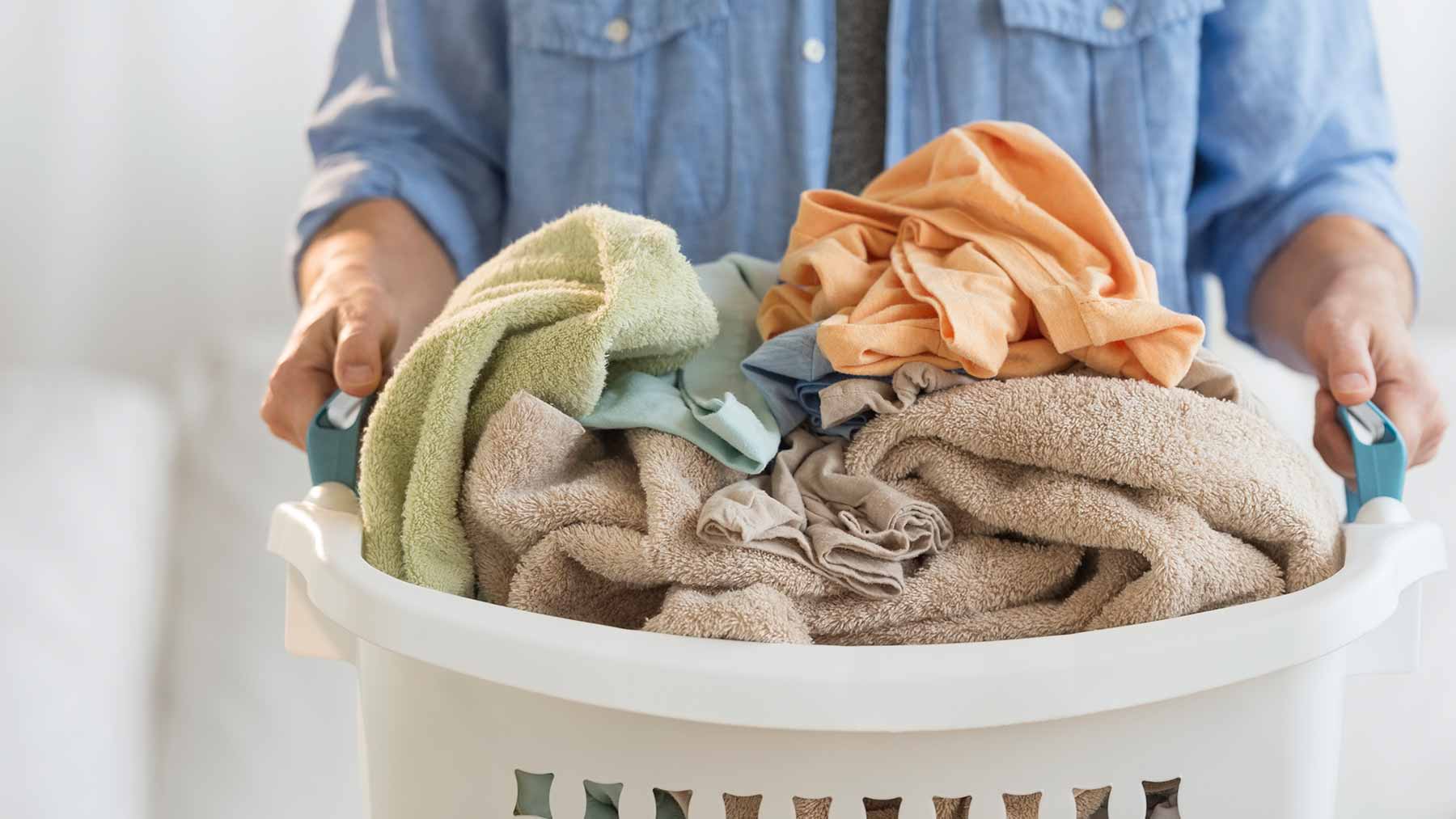6 things doctors never share

It’s true that germs can easily spread from person to person and make people sick. And, as a doctor, I always emphasis the benefits of hand washing to prevent the spread of illness.
While it’s good to be mindful about the spread of germs, it’s possible to take things a little too far. Our immune systems are designed to be able to handle a certain level of germ exposure. Overuse of antibacterial soaps and agents may actually contribute to the development of dangerous strains of bacteria through promoting antibiotic resistance. In fact, the many bacteria that live on our skin surfaces and environment, normal flora, may reduce our risk of developing to certain allergies and autoimmune diseases.
We don’t necessarily need to live in fear of sharing a keyboard, pen or phone. Just be smart about some targeted things you shouldn’t share. Here are six things I recommend you keep to yourself:
1. Personal hygiene items
There are a lot of skin infections out there that are driven by bacteria that are more aggressive and resistant to antibiotics such as MRSA. Some of the other potential infections include impetigo, cellulitis, folliculitis and abscesses. These infections can be spread through towels, washcloths, razors and soap bars.
Don’t allow anything that touches your skin to touch the skin of others unless it’s been laundered or cleaned. Change or wash towels and washcloths every few days, allow soap bars to dry between uses and don’t share razors. Use paper towels instead of cloth in guest bathrooms.
2. Bedding
If you have guests coming over, wash your sheets before and after their visit. This reduces the risk of lice, bed bugs, scabies and skin infections. Even when you don’t have visitors, be vigilant about keeping your bed linens clean. Wash them at least once a week.
3. Beverages
If you don’t know the person, you probably don’t want to share a drink with them. Viruses can spread via drink, specifically mononucleosis and respiratory viruses like the common cold.
4. Hats and hair styling tools
I don’t recommend sharing hats and hair brushes because of the risk of head lice. We know that about 10 percent of kids are carriers of head lice. In families with children and at school, head lice can spread quickly. Explain to children why they shouldn’t share things that come in contact with their heads.
5. Toothbrushes
It’s generally not a good idea to share toothbrushes. Our mouth tends to be the dirtiest part of our body. Transferring saliva from mouth to mouth can spread colds and strep throat, as well as other infections.
6. Workout gear
Don’t wear other people’s unlaundered clothes. Workout clothes, like towels, harbor bacteria that live on your skin that can cause a variety of skin infections. If they’ve been washed in hot water, it’s OK. It’s also a good idea to bring your own yoga/exercise mat to workouts. If that isn’t possible, make sure to wipe down surfaces before and after workouts to reduce risk of transmitting harmful bacteria.
Seuli Bose Brill is a primary care physician at The Ohio State University Wexner Medical Center. She is dual board certified in internal medicine and pediatrics.




